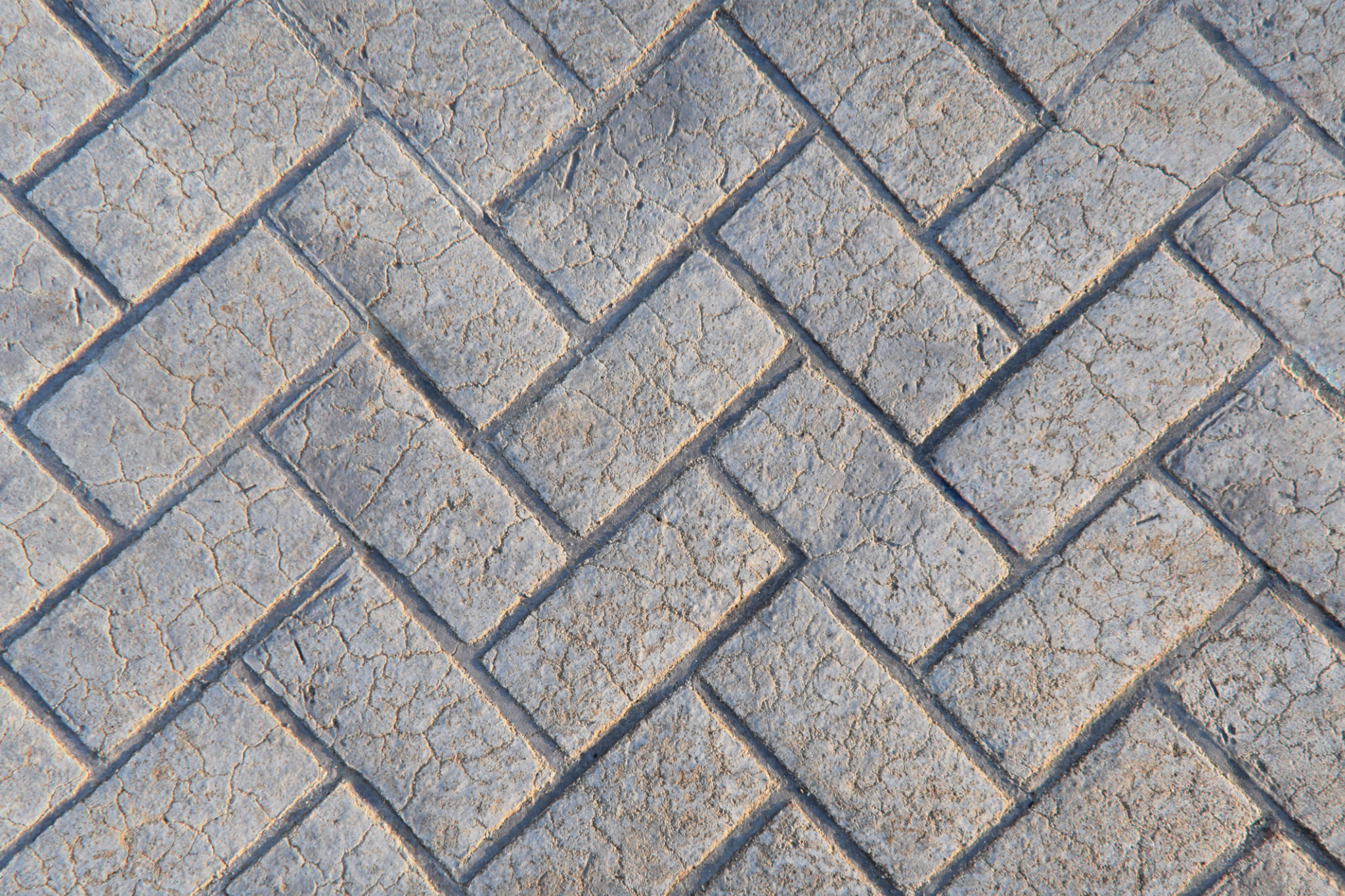Seasonal Driveway Maintenance: Preparing Your Concrete for Weather Changes
Understanding the Importance of Seasonal Maintenance
Concrete driveways are a significant investment in your home's curb appeal and functionality. As the seasons change, these surfaces can become vulnerable to a variety of weather-induced issues. Proper maintenance is essential to prolong the lifespan of your concrete driveway and ensure it remains in top condition year-round.
Weather changes can cause expansion and contraction in concrete, leading to cracks and other damage. By taking proactive measures, you can mitigate these effects and maintain a smooth, durable surface for years to come.

Inspecting Your Driveway for Damage
Before undertaking any maintenance, it's crucial to inspect your driveway for existing damage. Look for signs of cracks, discoloration, or uneven surfaces. These issues can worsen with seasonal changes, so addressing them early can save you time and money.
Pay close attention to areas that receive heavy traffic or are exposed to harsh weather conditions. These sections may be more susceptible to wear and tear. Document any findings to better plan your maintenance strategy.
Cleaning and Sealing Your Concrete
One of the most effective ways to protect your driveway from weather changes is through regular cleaning and sealing. Cleaning removes dirt, debris, and stains that can deteriorate the concrete over time. Use a pressure washer or a stiff-bristle brush with a mild detergent for best results.
After cleaning, apply a high-quality concrete sealer to create a protective barrier against moisture and harsh weather elements. Sealing should be done every one to three years, depending on your local climate and the amount of use your driveway receives.

Choosing the Right Sealer
Selecting the appropriate sealer is crucial for effective protection. There are several types available, including acrylic, epoxy, and penetrating sealers. Consider factors such as UV exposure, water resistance, and slip resistance when making your choice. Consult with a professional if you're unsure which type is best for your driveway.
Addressing Cracks and Repairs
If you notice any cracks during your inspection, it's important to repair them promptly. Small cracks can often be fixed with a crack filler or patching compound. For larger or more severe damage, you may need to consult a professional for more extensive repairs.
Ignoring cracks can lead to more significant issues like potholes or structural damage, especially in areas with freeze-thaw cycles. Regular monitoring and timely repairs will help keep your driveway in optimal condition.

Preventive Measures for Future Protection
In addition to repairs and sealing, there are preventive measures you can take to protect your driveway from seasonal damage. These include:
- Removing snow and ice promptly to prevent surface damage.
- Avoiding the use of harsh chemicals or de-icing salts that can degrade concrete.
- Redirecting downspouts away from the driveway to minimize water exposure.
Conclusion: Ensuring Long-Term Durability
Seasonal maintenance of your concrete driveway is not just about preserving its appearance but also about ensuring its long-term durability. By taking the time to inspect, clean, seal, and repair as needed, you can protect your investment from the inevitable challenges posed by changing weather conditions.
With proper care and attention, your driveway will remain a resilient and attractive feature of your property for years to come. Consider setting up a regular maintenance schedule to make this process easier and more efficient.
